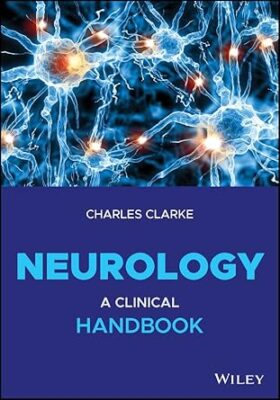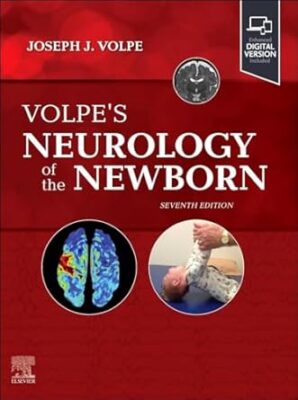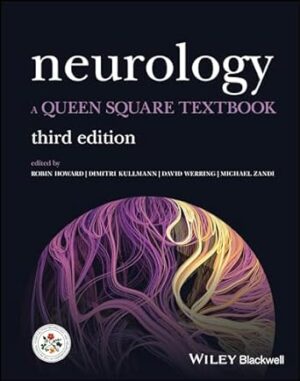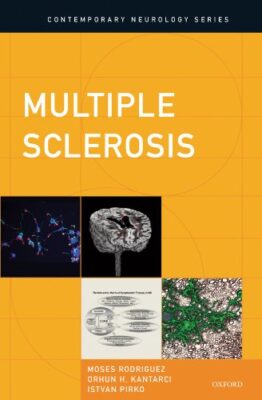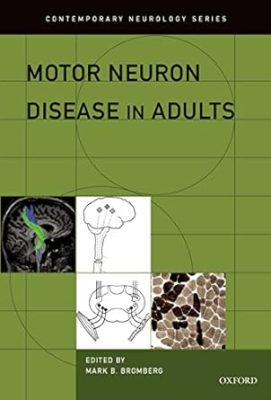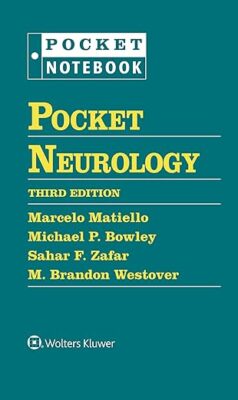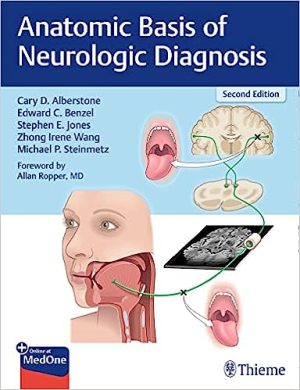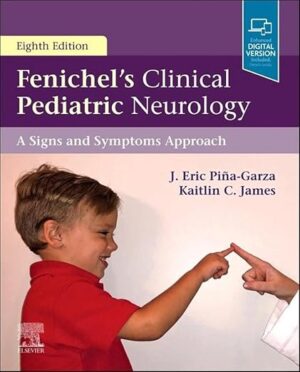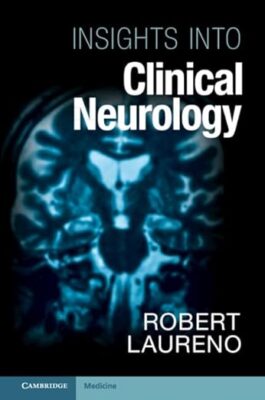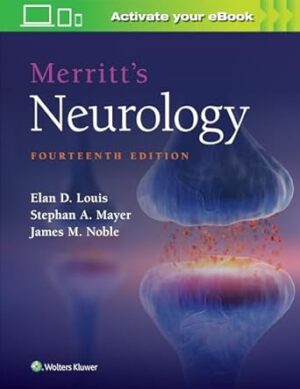Neurology: A Clinical Handbook 1st Edition
“This Handbook is a sparkling addition to the neurological library, a concise and clear guide to clinical practice in neurology, written in elegant prose, a tribute to Queen Square and to the contribution that both Hospital and Institute have made to neurology. It is the encapsulation of wisdom gained in a long career. For practitioners in the art of neurology, junior and senior this is required reading.”
–Simon Shorvon, National Hospital for Neurology & Neurosurgery, Queen Square
Neurology: A Clinical Handbook is a practical text, for both neurologists and general physicians, in the wards, the office or at home. This book spans the breadth of neurology and its challenges, for those who require a rapid resource in accessible language.
The Handbook is also aimed at those considering entering neurology, neurophysiology and neurorehabilitation and for medical trainees and consultants in many specialities. It is an invaluable source for the MRCP, a ready-made reference for clinical practice and for the specialist nurse and therapist.
The book deals with essentials – of neuroanatomy, clinical examination, mechanisms of neurological disease and the major issues of dementia and stroke in an ageing population. More specific aspects of neurology are also addressed, including the specialist fields of nerve and muscle disease, the spinal cord, headache and the cranial nerves, infection in the nervous system, MS and sleep disorders. The allied disciplines of neurorehabilitation, neuropsychiatry, neuro-oncology, uro-neurology, neuro-otology and neuro-ophthalmology are also covered.
The aim is to provide both an introduction and a summary – of general neurological practice and the specialist aspects of neurology and neuroscience.

